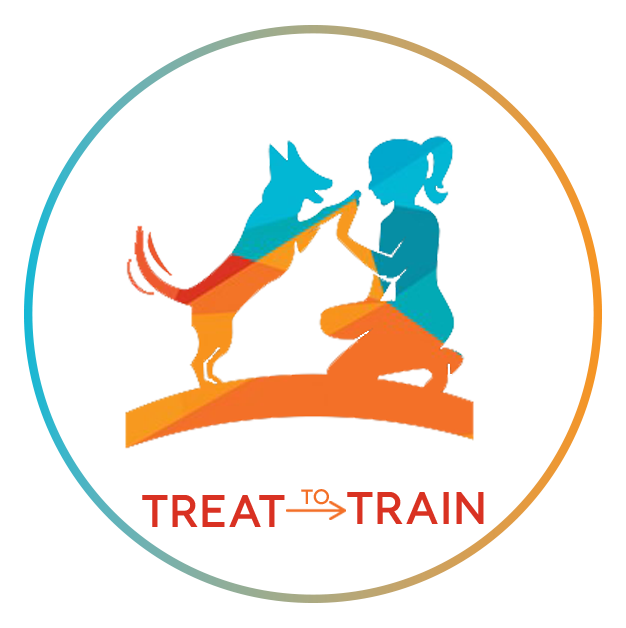Why Chewing is Essential for Dogs
Why Chewing is Essential for Dogs
Chewing is a fundamental activity for dogs throughout their lives. It is a completely natural behavior for both puppies and adult dogs. Puppies, akin to babies, chew to alleviate the discomfort of teething, while adult dogs engage in chewing as nature's way of maintaining clean teeth but did you know that chewing also has behavioral benefits?
Is Chewing Always Positive?
While chewing is generally a healthy activity, it can take a negative turn for dog owners. Dogs may use chewing to alleviate mild anxiety, frustration, or boredom. When this behavior escalates and causes significant property damage, it becomes a concern that requires professional attention. However, this article focuses on the positive aspects of chewing.
Benefits of Chewing for Dogs
Besides the positive effects of dental hygiene, chewing provides both mental and physical stimulation and enriches a dog’s life. Ripping, shredding, and tearing engage dogs and allow them to express instinctual behaviors (things dogs were bred to do) and release endorphins. When feral/free-roaming dogs were observed, it was noted that a large majority of their time was spent chewing instead of hunting. Dogs that indulge in chewing tend to settle well and exhibit calm behavior afterward. Chewing has also been shown to relieve stress (Flint et al. 2023: Rooney et al., 2009) and we know that destructive behavior could point to a dog being distressed.
Dogs mentally and physically stimulated through chewing are less likely to engage in destructive and boredom-driven behaviors. However, a new study (Krichbaum et al., 2023) published in the Journal of Applied Animal Behaviour Science showed that chewing may also help improve memory. In this study, it was observed that fearful dogs gain more of a positive effect from chewing than non-fearful dogs. The chewing likely helps them focus and decreases physiological arousal. However, chewing could help both fearful and non-fearful dogs when it comes to long-term memory, the study suggests.
“What may be happening is that the fearful dogs are gaining a more therapeutic effect from the chewing than the non-fearful dogs — with chewing in the former group perhaps helping to reduce cortisol levels and stress,
- Dr. Deborah Wells”
Cautionary Notes on Dog Chewing
While allowing your dog to chew has numerous benefits, caution is necessary to avoid potential issues. Allowing unsupervised chewing on fresh bones or commercial chews can result in choking and blockages. Additionally:
Avoid giving too many fresh bones to prevent constipation.
Refrain from feeding large cooked bones, which can cause broken teeth or injuries to soft tissues.
Be cautious with natural chew bones made from rawhide; ensure they are genuinely natural to avoid toxic products.
In Conclusion
Providing dogs with regular opportunities to chew is crucial for their well-being. Options include offering appropriately sized fresh meaty bones or purchasing commercially produced 100% natural chews (this is what I prefer). Both choices are beneficial when supervised correctly, and here at Treat to Train, we incorporate both into our dogs' routines.
And remember, if you need any dog training in Pretoria or Johannesburg- we’re here!
References:
Flint, H. E., Atkinson, M., Lush, J., Hunt, A. B., & King, T. (2023). Long-lasting chews elicit positive emotional states in dogs during short periods of social isolation. Animals, 13(4), 552.
Krichbaum, S., Ramey, C., Cox, E., & Lazarowski, L. (2023). No bones about it: The effect of chewing on cognition in dogs. Applied Animal Behaviour Science, 268, 106078.
Rooney, N., Gaines, S., & Hiby, E. (2009). A practitioner's guide to working dog welfare. Journal of Veterinary Behavior, 4(3), 127-134.

